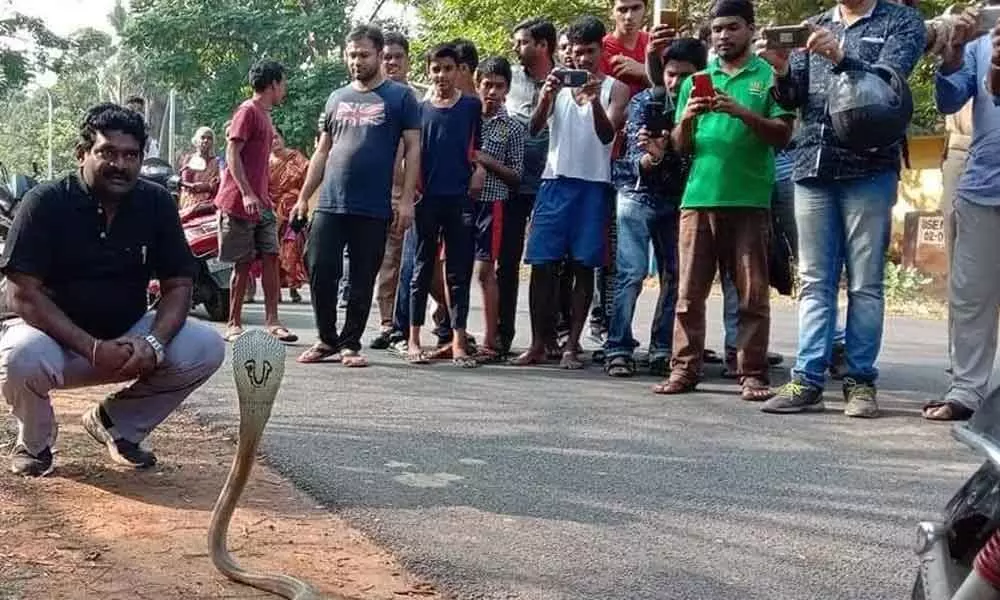Live
- Little Flower High School Hosts Spectacular Fiesta cum Annual Day 2024-2025
- Fresh faces setting stage in Tollywood
- Fake Congress session in the name of Gandhi: Bommai
- Women, youth leading charge in workforce participation in India in 2024: Report
- ‘Varthur Prakash attempted to honeytrap BJP leader using Shwetha Gowda’
- Garena Free Fire Max Redeem Codes (December 27, 2024): Unlock Skins, Bundles & Rewards
- Amid her battle with breast cancer, Hina Khan makes a comeback with ‘Grihalaxmi’
- How diet plays an important role in women’s gut health
- Poonch accident victim: Citizens offer condolences to Anoop Poojari
- Erigaise looking to qualify for next Candidates through World Rapid & Blitz









